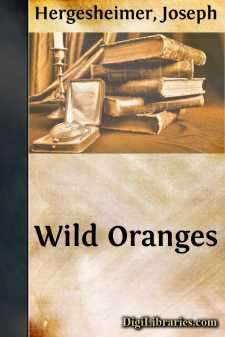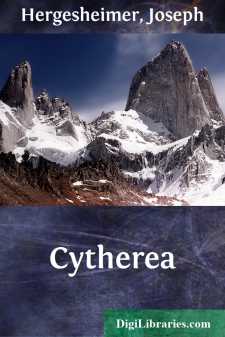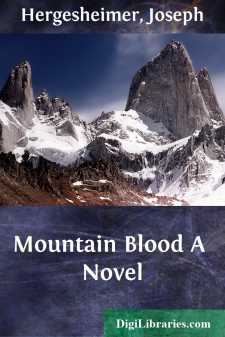Categories
- Antiques & Collectibles 13
- Architecture 36
- Art 48
- Bibles 22
- Biography & Autobiography 813
- Body, Mind & Spirit 142
- Business & Economics 28
- Children's Books 17
- Children's Fiction 14
- Computers 4
- Cooking 94
- Crafts & Hobbies 4
- Drama 346
- Education 46
- Family & Relationships 57
- Fiction 11829
- Games 19
- Gardening 17
- Health & Fitness 34
- History 1377
- House & Home 1
- Humor 147
- Juvenile Fiction 1873
- Juvenile Nonfiction 202
- Language Arts & Disciplines 88
- Law 16
- Literary Collections 686
- Literary Criticism 179
- Mathematics 13
- Medical 41
- Music 40
- Nature 179
- Non-Classifiable 1768
- Performing Arts 7
- Periodicals 1453
- Philosophy 64
- Photography 2
- Poetry 896
- Political Science 203
- Psychology 42
- Reference 154
- Religion 513
- Science 126
- Self-Help 84
- Social Science 81
- Sports & Recreation 34
- Study Aids 3
- Technology & Engineering 59
- Transportation 23
- Travel 463
- True Crime 29
Wild Oranges
Description:
Excerpt
THE ketch drifted into the serene inclosure of the bay as silently as the reflections moving over the mirrorlike surface of the water. Beyond a low arm of land that hid the sea the western sky was a single, clear yellow; farther on the left the pale, incalculably old limbs of cypress, their roots bare, were hung with gathering shadows as delicate as their own faint foliage. The stillness was emphasized by the ceaseless murmur of the waves breaking on the far, seaward bars.
John Woolfolk brought the ketch up where he intended to anchor and called to the stooping white-clad figure in the bow: “Let go!” There was an answering splash, a sudden rasp of hawser, the booms swung idle, and the yacht imperceptibly settled into her berth. The wheel turned impotently; and, absent-minded, John Woolfolk locked it. He dropped his long form on a carpet-covered folding chair near by. He was tired. His sailor, Poul Halvard, moved about with a noiseless and swift efficiency; he rolled and cased the jib, and then, with a handful of canvas stops, secured and covered the mainsail and proceeded aft to the jigger. Unlike Woolfolk, Halvard was short—a square figure with a smooth, deep-tanned countenance, colorless and steady, pale blue eyes. His mouth closed so tightly that it appeared immovable, as if it had been carved from some obdurate material that opened for the necessities of neither speech nor sustenance.
Tall John Woolfolk was darkly tanned, too, and had a grey gaze, by turns sharply focused with bright black pupils and blankly introspective. He was garbed in white flannels, with bare ankles and sandals, and an old, collarless silk shirt, with sleeves rolled back on virile arms incongruously tattooed with gauzy green cicadas.
He stayed motionless while Halvard put the yacht in order for the night. The day’s passage through twisting inland waterways, the hazard of the tides on shifting flats, the continual concentration on details at once trivial and highly necessary, had been more wearing than the cyclone the ketch had weathered off Barbuda the year before. They had been landbound since dawn; and all day John Woolfolk’s instinct had revolted against the fields and wooded points, turning toward the open sea.
Halvard disappeared into the cabin; and, soon after, a faint, hot air, the smell of scorched metal, announced the lighting of the vapor stove, the preparations for supper. Not a breath stirred the surface of the bay. The water, as transparently clear as the hardly darkened air, lay like a great amethyst clasped by its dim corals and the arm of the land. The glossy foliage that, with the exception of a small silver beach, choked the shore might have been stamped from metal. It was, John Woolfolk suddenly thought, amazingly still. The atmosphere, too, was peculiarly heavy, languorous. It was laden with the scents of exotic, flowering trees; he recognized the smooth, heavy odor of oleanders and the clearer sweetness of orange blossoms.
He was idly surprised at the latter; he had not known that orange groves had been planted and survived in Georgia. Woolfolk gazed more attentively at the shore, and made out, in back of the luxuriant tangle, the broad white façade of a dwelling. A pair of marine glasses lay on the deck at his hand; and, adjusting them, he surveyed the face of a distinguished ruin. The windows on the stained wall were broken in—they resembled the empty eyes of the dead; storms had battered loose the neglected roof, leaving a corner open to sun and rain; he could see through the foliage lower down great columns fallen about a sweeping portico....








